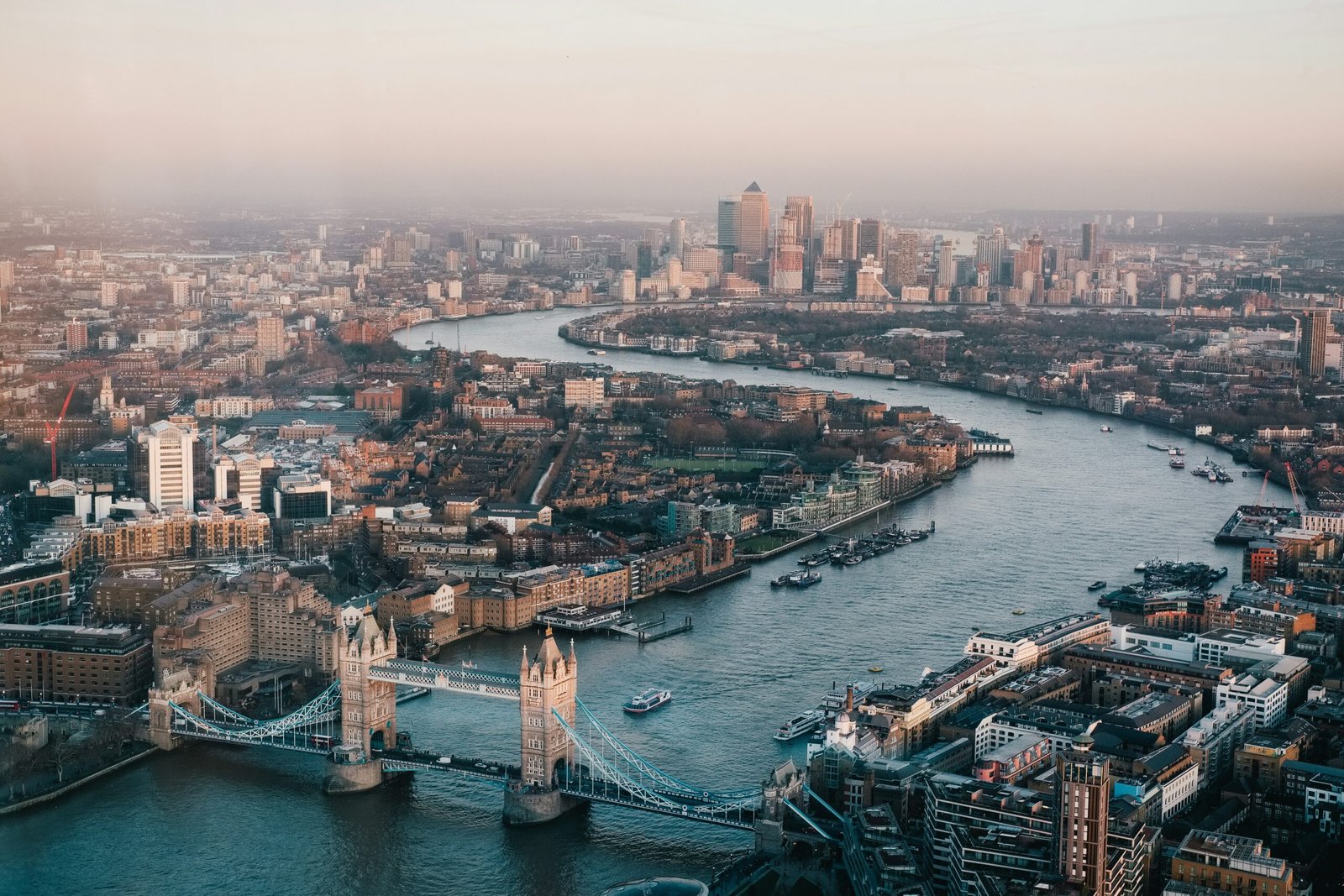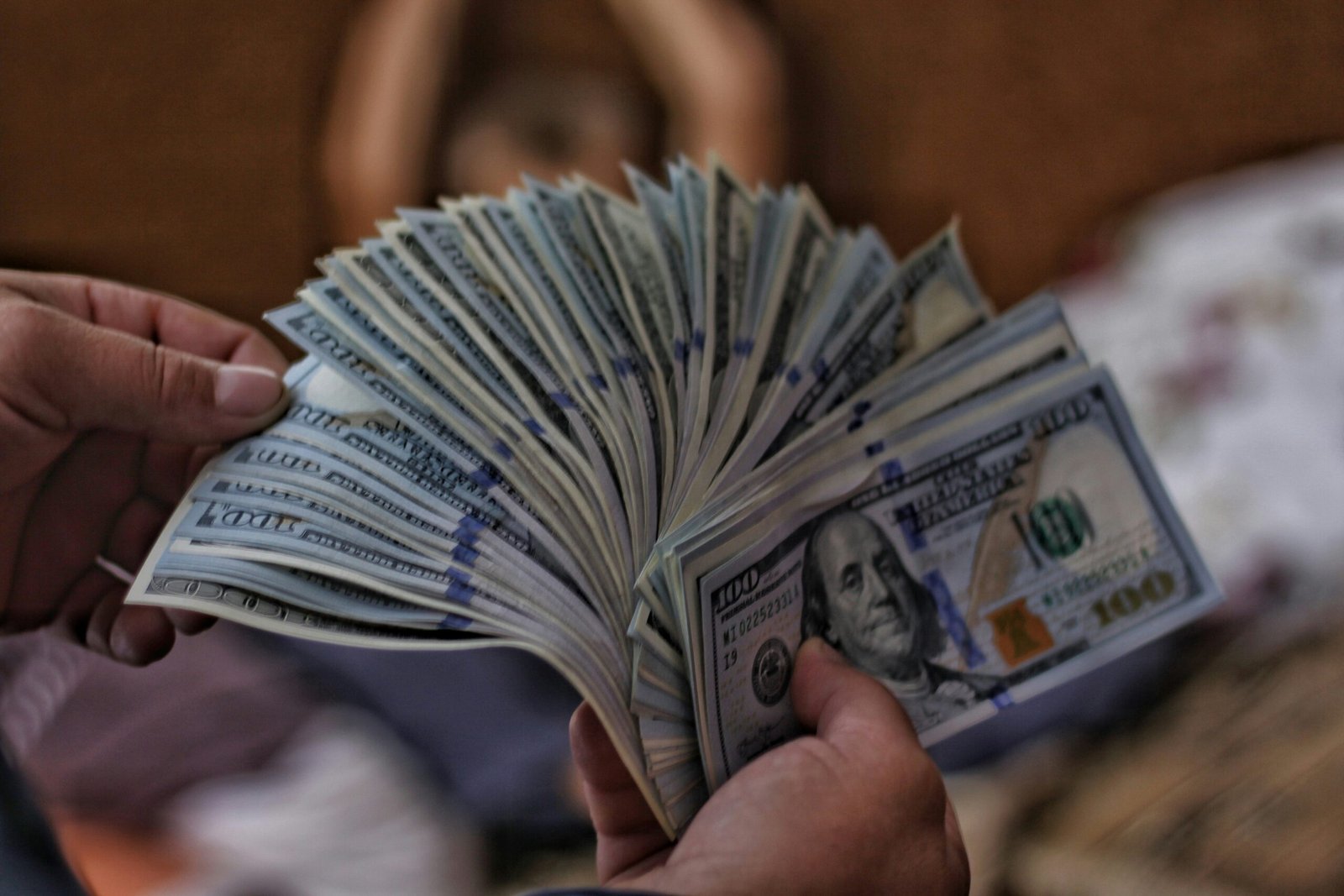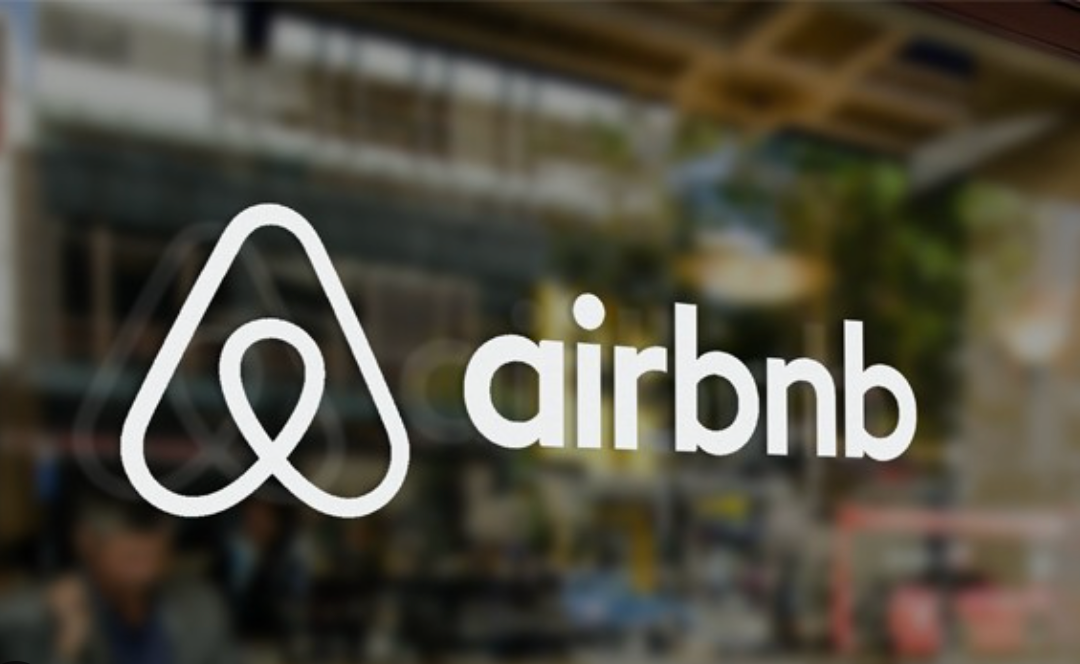US: Airbnb has posted a net loss of $3.9 billion in the fourth quarter of 2020 in its first earnings report since going public via its blockbuster IPO in December.
The company incurred charges related to its IPO, including $2.8 billion of stock-based compensation expense, which led to the multi-billion loss in Q4 and a net loss of $4.6 billion across the entirety of 2020.
Airbnb’s earnings call also revealed:
- Q4 revenue dropped from $1.1 billion in 2019 to $859 million in 2020, accounting for a 22 per cent drop
- 2020 revenue was down by 30 per cent in 2020 from 2019, dropping from $4.8 billion to $3.4 billion
- Q4 gross booking value plummeted 31 per cent year-on-year to $5.9 billion
- 2020 gross booking value fell by 37 per cent to $23.9 billion compared to 2019
- Booked nights and experiences in Q4 2020 came in at 46.3 million, a 39 per cent decrease on the same quarter a year before
Despite the harrowing figures, CEO Brian Chesky said it demonstrated how Airbnb had been resilient during the crisis, including showing “strong financial discipline” to make cuts across all aspects of the business to survive as travel effectively shut down from March 2020 onwards.
Those reductions included laying off 1900 employees – an estimated 25 per cent of its global workforce [although Chesky maintains that some of these have been rehired now] – as well as slashing investment in hotels and luxury business ventures, and putting a “pause” on broadening its travel portfolio into transportation, aviation and in-house content hub Airbnb Studios.
Early in the pandemic, the company also performed a U-turn on its cancellation and refund policies which had irked both hosts and guests alike. The issue re-emerged recently with Airbnb reportedly refusing to refund travellers who booked getaways after 14 March, as government-enforced lockdowns and tier restrictions were deemed to not fall within the company’s “extenuating circumstances” policy.
This preceded Airbnb receiving an emergency $1 billion funding injection in early April , which was quickly followed by the securing of a $1 billion syndicated loan in order to protect its heavily-hit finances.
The home-sharing platform’s recovery was even more striking when it achieved an eye-watering post-IPO valuation exceeding US$100 billion, which marked a huge rise from the $47 billion at the IPO offering price. At the same time, Airbnb raised around $3.5 billion and shares in the company soared by more than 130 per cent.
Chesky revealed that Airbnb was preparing for a “significant travel rebound” in 2021 as vaccination rollouts raise hopes of a return to domestic and international holidays and the firm doubles down on its core home-sharing business to generate revenue and placate its new shareholders.
Signs are beginning to emerge for how Airbnb is strategising for the future, including revealing plans to open a new technical hub in Atlanta and employ “hundreds” of staff, launching a global marketing campaign to retain existing hosts and attract new ones, and introducing a Flexible Dates feature that will allow guests to search for new travel options such as a weekend getaway, a week-long vacation, or even a month- or months-long stay.







